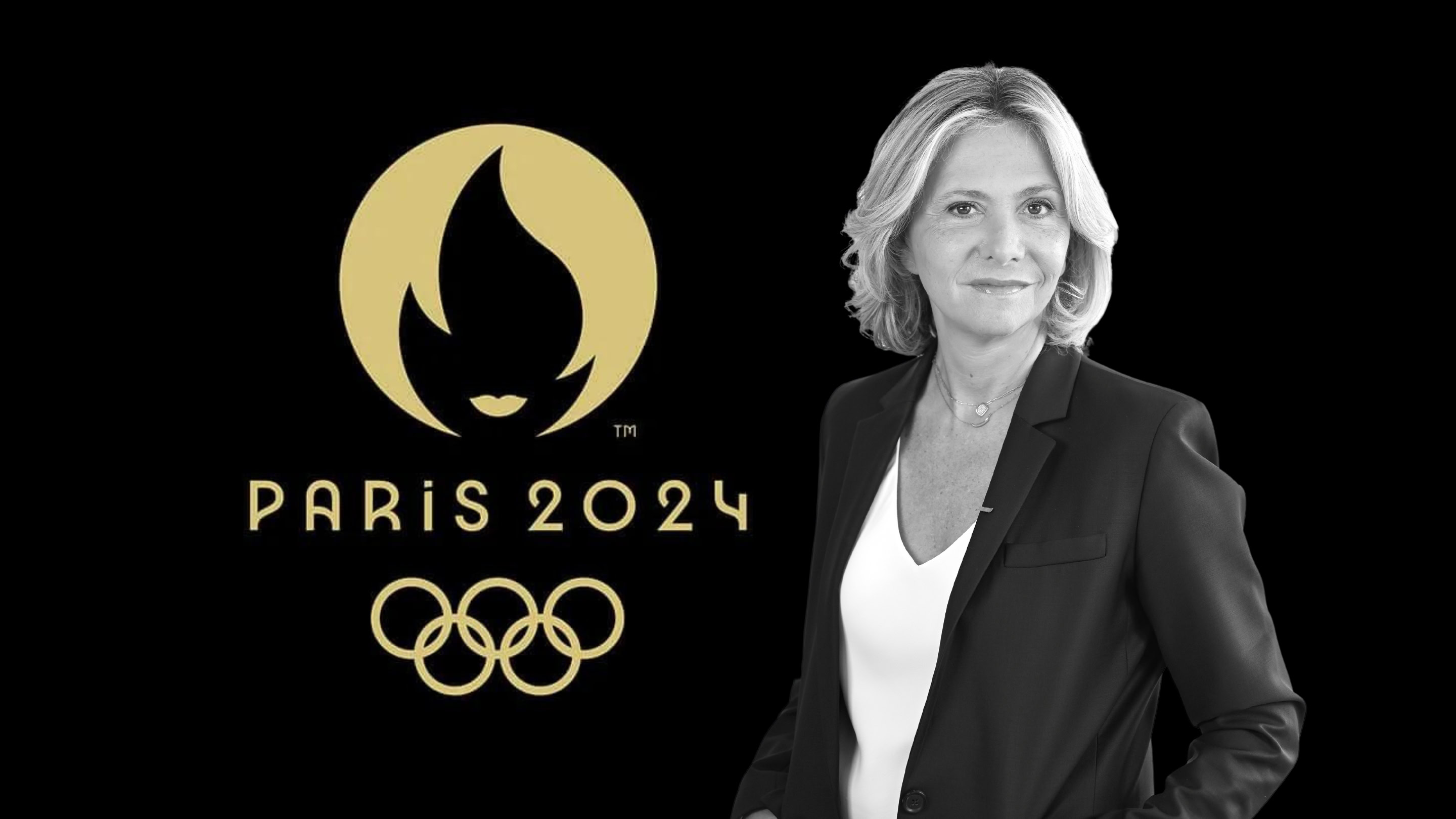2024 Olympics: A Gold Rush for Paris

Sports facilities, housing, jobs, transportation… Since Paris was designated as the host city for the 2024 Olympics, the Île-de-France Region has been pulling out all the stops to ensure this extraordinary event is a success for athletes, visitors, and the people of Île-de-France. Valérie Pécresse (H.88) provides insights into the investments made and the expected outcomes.
What is the amount of subsidies granted by the Region to sports? Have these subsidies increased in anticipation of the Games?
Valérie Pécresse : Since I was elected President of the Île-de-France Region in 2016, the sports budget has consistently increased and more than doubled (+150%). With an annual budget of €100 million, we prioritize access to sports in our investments. By the end of the Games, we will have constructed or renovated 2,600 sports facilities across the region to encourage sports practice locally. Successful Games will result in French athletes, particularly those from Île-de-France, standing on the podium. That’s why we’ve also implemented a sports excellence policy, providing competitive athletes with a budget of €10,000 to €15,000 to train without income loss.
How much has the Region invested in the 2024 Games?
V.P. : As the largest public funder after the state, the Île-de-France Region has invested nearly €500 million. Primarily in sports facilities, including pools in the Seine-Saint-Denis and Val-d’Oise departments, athletics stadiums, equestrian facilities in the Yvelines department, and a completely renovated training center for athletes in the Hauts-de-Seine department. These investments will help us catch up because our region was under-equipped in sports facilities. Additionally, there are thousands of housing units in the athletes’ village, which will become student residences, along with urban developments and green spaces that will transform and sustain our cities. These infrastructures will be a legacy for the people of Île-de-France, as all these facilities will continue to serve after the Olympics. In this way, we are leveraging the Games for the region’s benefit.
What economic impacts are expected for the Region?
V.P. : The Games will attract 13.4 million French visitors – nearly 50% from Île-de-France – and 1.9 million foreign tourists. The impact in terms of investment is already being felt: since 2017, over 4,000 jobs have been created due to projects by 110 international companies working for the Games. During the 2024 Olympics and Paralympics, Île-de-France will showcase technological and industrial innovation, highlighting the potential of local businesses. It is estimated that the Games will generate a surplus of €6 to €9 billion, representing 0.4% of France’s GDP.
Additionally, the Games will create 180,000 jobs: 90,000 in organization and event management (communication, marketing, private security), 62,000 in tourism (hospitality, catering, transportation), and 30,000 in construction (skilled workers, site managers, etc.). 150,000 of these jobs are within the Region. And 4,000 jobs have also been created by foreign companies. We must now anticipate the reintegration of employees hired for the Games. It is estimated that, after the Games, around 25% of trained and employed individuals for this event, approximately 35,000 people from Île-de-France, may need to seek new employment or undergo retraining. That’s why we’re launching a dedicated platform, “Emploi post JOP” (Post-Olympics Employment).
The Paris bid proposal initially promised free public transportation. However, you later announced an increase in ticket prices. How do you explain this?
V.P. : Indeed, the Cojop (Organizing Committee for the Olympic Games) had promised free transportation, but ultimately, it falls to me to acknowledge they do not have the funds and we need to balance the books. The overall cost has escalated to €250 million instead of €200 million, and I refuse for these additional costs to be borne by the residents of Île-de-France. Neither the State nor the Cojop is able to cover these extra expenses, so we made the decision to pass them on to spectators, strongly encouraging them to purchase the Paris 2024 Pass: it will cost €16 per day, with a decreasing rate based on the number of days, and €70 for a week.
I have committed to ensuring that the people of Île-de-France do not pay the price for enhanced transportation. I am committed to speaking truthfully about the Games, acknowledging both their benefits and inconveniences. These Games will be the first in history to be 100% accessible by public transportation! Free transportation would not have allowed for such a commitment.
Interview by Marie Tourres
Published by La rédaction

